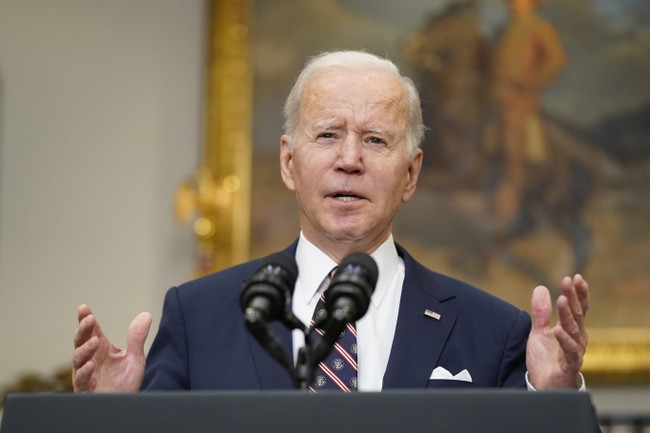reedak
Well-Known Member
- Joined
- May 1, 2014
- Messages
- 728
1. Since the beginning of Russia’s all-out invasion of Ukraine on February 24, the Indian government, and large segments of the Indian public, have firmly been on Putin’s side. Hashtags like #IStandWithPutin and #istandwithrussia trended on Indian social media, and the Indian government demonstrated – perhaps most notably by refusing to support UN resolutions condemning the invasion – that it is not willing to jeopardise its strong ties with Russia over Putin’s actions in Ukraine.
India’s approach to the situation in Ukraine is hardly surprising or atypical. Since the establishment of diplomatic ties following India’s independence in 1947, relations between Moscow and New Delhi have been shaped by a “high degree of political and strategic trust”. Across the years, Russia and India routinely took similar stances and supported each other on contentious international issues.
From the very beginning, Moscow saw its alliance with India as essential for offsetting American and Chinese dominance in Asia. And India always enjoyed the leverage that support from a major power like Russia provided in international politics.
In 1961, after India used its military to end Portuguese colonial sovereignty over Goa, Daman and Diu, for example, the US, the UK, France, and Turkey put forth a resolution condemning India and calling upon its government to withdraw its troops immediately. But the Soviet Union opposed the proposal.
In 1971, India and the Soviet Union signed the “Treaty of Peace, Friendship and Co-operation”. The treaty formalised India’s alliance with what was then a superpower and arguably ensured its preeminence in South Asia.
The Soviet Union and later Russia’s support for India on the issue of Kashmir has also been unrelenting and politically significant. In 1955, declaring support for Indian sovereignty over Kashmir, Soviet leader Nikita Khrushchev said, “We are so near that if ever you call us from the mountain tops we will appear at your side.” Since then, Moscow has been a bulwark against international intervention in Kashmir.
The Soviet Union vetoed UN Security Council resolutions in 1957, 1962 and 1971 that called for international intervention in Kashmir, insisting that it is a bilateral issue that needs to be solved through negotiations between India and Pakistan. And it took a similar stance on the Indo-Pak conflict in general. Such a stance was appreciated across the political spectrum in India.
In 1978, then Foreign Minister Atal Bihari Vajpayee – a founding member of the right-wing, Hindu nationalist Bharatiya Janata Party (BJP) who served as India’s prime minister between 1998 and 2004 – for example, put aside his ideological differences with the Soviet Union, and greeted a Soviet delegation to India saying, “our country found the only reliable friend in the Soviet Union alone”.
Since the fall of the Soviet Union, Russia has worked to maintain its special relationship with India.
In 2000, Russia’s President Vladimir Putin and then Prime Minister Vajpayee signed a “Declaration of Strategic Partnership”. In 2010, marking a decade of this strategic partnership, both countries signed the “Special and Strategic Partnership”. As part of this special partnership, Russia reaffirmed its pro-India stance on Kashmir. In 2019, when India scrapped Article 370 of its constitution that gave Jammu and Kashmir special status, the Modi government faced severe criticism in the international arena, but Russia once again deemed this to be an “internal matter” for India....
The relationship between Russia and India, however, is not dependent only on UN vetoes and favourable political statements. The decades-old Indo-Russian alliance is also underpinned by a long history of bilateral collaboration on economic and strategic issues.
The Soviet Union was India’s largest trading partner until its collapse. Soviet economic contributions and technical know-how were essential in the establishment of India’s domestic industries, including oil and gas and mining. The Soviet Union also helped ensure India’s energy security. The first Indian citizen to travel to space, Rakesh Sharma, had done so through the Soviet Union’s Intekosmos programme.
Cultural exchanges have also been at the centre of Russia and India’s bilateral relations from the very beginning. Russian historians, philosophers and artists have expressed their admiration and respect for revolutionary and literary Indian figures. During the height of the Cold War, Hindi films were dubbed into Russian and were immensely popular among Muscovites. The Soviet Union also went to great lengths to ensure that Russian classic texts were available in India, setting up publishing houses that were solely focused on the Indian market....
In light of this long history of strong diplomatic, military, cultural and economic ties, it is hardly surprising that the Indian government and the public at large, chose to stand with Russia as it faced condemnation from the international community...
Source link: https://www.aljazeera.com/opinions/2022/3/14/why-is-istandwithputin-trending-in
2. There is an ancient saying, “An army of sheep, led by a lion, is better than an army of lions, led by a sheep.” The White House incumbent told NBC News in February 2022 that he would never send US troops to get Americans out of Ukraine. Such a blunder by the "Sheep" is an indirect encouragement to Russia to launch a full-scale invasion of Ukraine.
In the aftermath of the Russian invasion, the US casts those countries which refuse to pick sides in the conflict as being on the Russian side. In short, the US forces all countries to choose sides.
In a speech at the House of Commons on 1 March 1848, Lord Palmerston (John Henry Temple) who was twice Prime Minister of the United Kingdom in the mid-19th century (1784–1865), said: "We have no eternal allies, and we have no perpetual enemies. Our interests are eternal and perpetual, and those interests it is our duty to follow."
In his emphasis on America's selfish national interests, Former US Secretary of State Henry Kissinger (September 22, 1973 – January 20, 1977) made the following remark by borrowing some words from Lord Palmerston's quote: “America has no permanent friends or enemies, only interests.”
Similarly, it is nothing but national interests that nudge, India, China, Israel, the United Arab Emirates (UAE), Algeria, South Africa and some other countries away from the "Sheep" that leads the "Lions" down the cliff.
The role of government is to promote the general welfare of citizens, not to follow orders from any foreign country that could lead its people to hunger and even famine.
Additional Reference:

 www.warhistoryonline.com
www.warhistoryonline.com
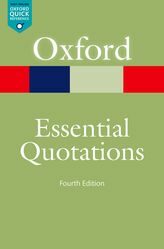

 opinion.inquirer.net
opinion.inquirer.net
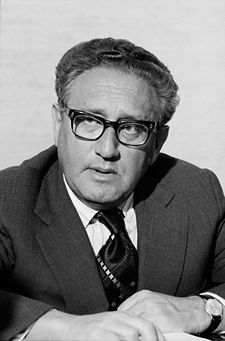
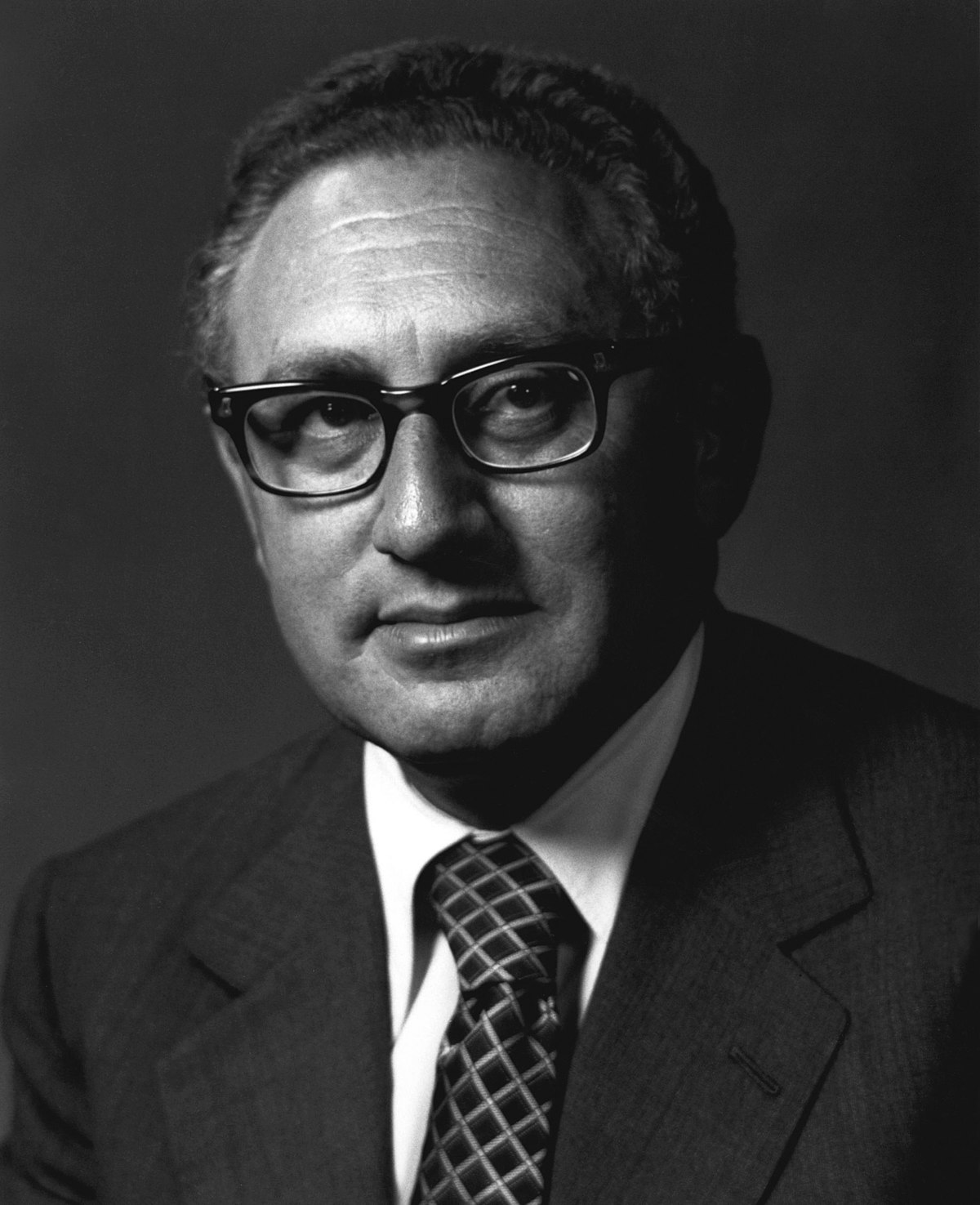
 en.wikipedia.org
en.wikipedia.org
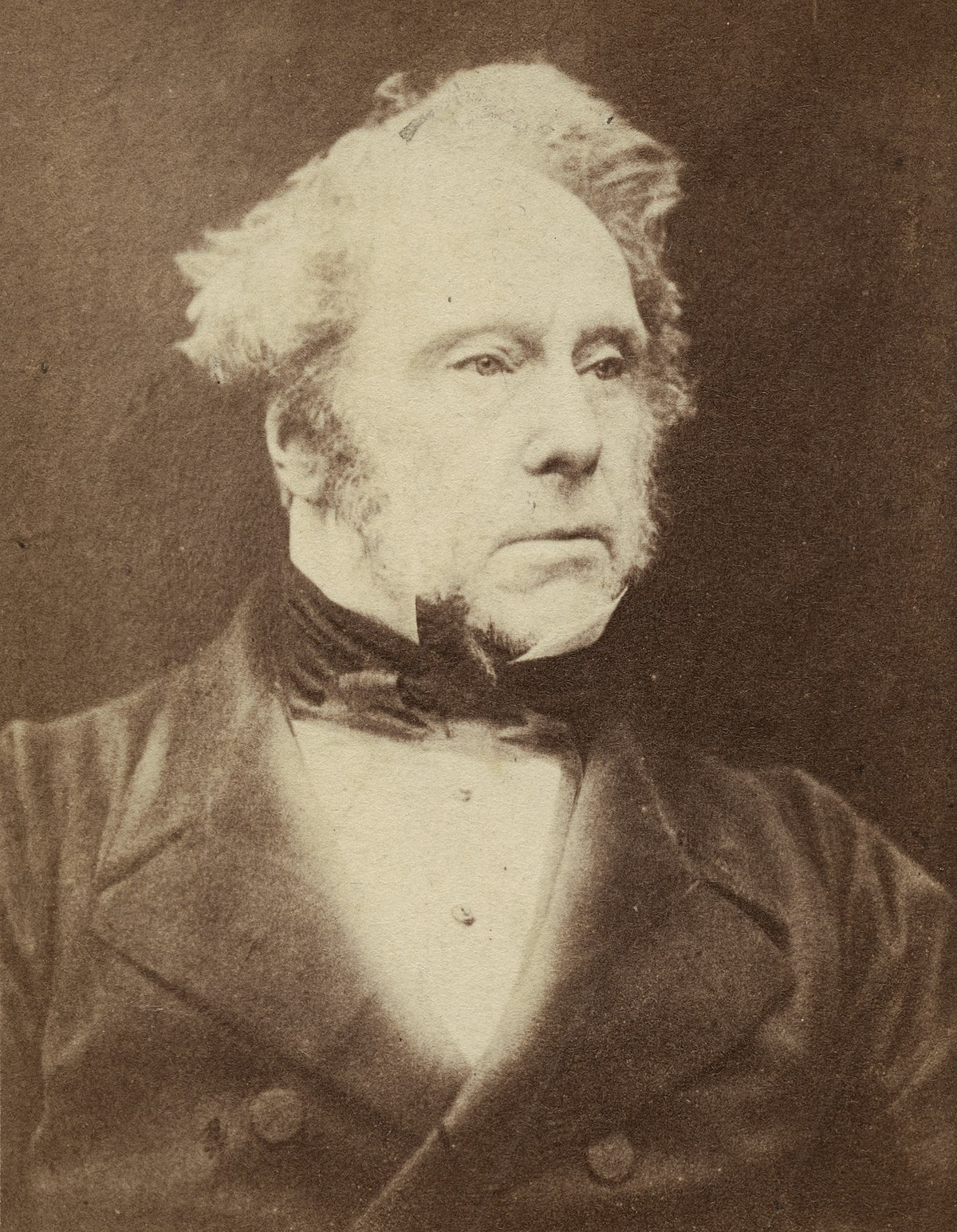
 en.wikipedia.org
en.wikipedia.org
India’s approach to the situation in Ukraine is hardly surprising or atypical. Since the establishment of diplomatic ties following India’s independence in 1947, relations between Moscow and New Delhi have been shaped by a “high degree of political and strategic trust”. Across the years, Russia and India routinely took similar stances and supported each other on contentious international issues.
From the very beginning, Moscow saw its alliance with India as essential for offsetting American and Chinese dominance in Asia. And India always enjoyed the leverage that support from a major power like Russia provided in international politics.
In 1961, after India used its military to end Portuguese colonial sovereignty over Goa, Daman and Diu, for example, the US, the UK, France, and Turkey put forth a resolution condemning India and calling upon its government to withdraw its troops immediately. But the Soviet Union opposed the proposal.
In 1971, India and the Soviet Union signed the “Treaty of Peace, Friendship and Co-operation”. The treaty formalised India’s alliance with what was then a superpower and arguably ensured its preeminence in South Asia.
The Soviet Union and later Russia’s support for India on the issue of Kashmir has also been unrelenting and politically significant. In 1955, declaring support for Indian sovereignty over Kashmir, Soviet leader Nikita Khrushchev said, “We are so near that if ever you call us from the mountain tops we will appear at your side.” Since then, Moscow has been a bulwark against international intervention in Kashmir.
The Soviet Union vetoed UN Security Council resolutions in 1957, 1962 and 1971 that called for international intervention in Kashmir, insisting that it is a bilateral issue that needs to be solved through negotiations between India and Pakistan. And it took a similar stance on the Indo-Pak conflict in general. Such a stance was appreciated across the political spectrum in India.
In 1978, then Foreign Minister Atal Bihari Vajpayee – a founding member of the right-wing, Hindu nationalist Bharatiya Janata Party (BJP) who served as India’s prime minister between 1998 and 2004 – for example, put aside his ideological differences with the Soviet Union, and greeted a Soviet delegation to India saying, “our country found the only reliable friend in the Soviet Union alone”.
Since the fall of the Soviet Union, Russia has worked to maintain its special relationship with India.
In 2000, Russia’s President Vladimir Putin and then Prime Minister Vajpayee signed a “Declaration of Strategic Partnership”. In 2010, marking a decade of this strategic partnership, both countries signed the “Special and Strategic Partnership”. As part of this special partnership, Russia reaffirmed its pro-India stance on Kashmir. In 2019, when India scrapped Article 370 of its constitution that gave Jammu and Kashmir special status, the Modi government faced severe criticism in the international arena, but Russia once again deemed this to be an “internal matter” for India....
The relationship between Russia and India, however, is not dependent only on UN vetoes and favourable political statements. The decades-old Indo-Russian alliance is also underpinned by a long history of bilateral collaboration on economic and strategic issues.
The Soviet Union was India’s largest trading partner until its collapse. Soviet economic contributions and technical know-how were essential in the establishment of India’s domestic industries, including oil and gas and mining. The Soviet Union also helped ensure India’s energy security. The first Indian citizen to travel to space, Rakesh Sharma, had done so through the Soviet Union’s Intekosmos programme.
Cultural exchanges have also been at the centre of Russia and India’s bilateral relations from the very beginning. Russian historians, philosophers and artists have expressed their admiration and respect for revolutionary and literary Indian figures. During the height of the Cold War, Hindi films were dubbed into Russian and were immensely popular among Muscovites. The Soviet Union also went to great lengths to ensure that Russian classic texts were available in India, setting up publishing houses that were solely focused on the Indian market....
In light of this long history of strong diplomatic, military, cultural and economic ties, it is hardly surprising that the Indian government and the public at large, chose to stand with Russia as it faced condemnation from the international community...
Source link: https://www.aljazeera.com/opinions/2022/3/14/why-is-istandwithputin-trending-in
2. There is an ancient saying, “An army of sheep, led by a lion, is better than an army of lions, led by a sheep.” The White House incumbent told NBC News in February 2022 that he would never send US troops to get Americans out of Ukraine. Such a blunder by the "Sheep" is an indirect encouragement to Russia to launch a full-scale invasion of Ukraine.
In the aftermath of the Russian invasion, the US casts those countries which refuse to pick sides in the conflict as being on the Russian side. In short, the US forces all countries to choose sides.
In a speech at the House of Commons on 1 March 1848, Lord Palmerston (John Henry Temple) who was twice Prime Minister of the United Kingdom in the mid-19th century (1784–1865), said: "We have no eternal allies, and we have no perpetual enemies. Our interests are eternal and perpetual, and those interests it is our duty to follow."
In his emphasis on America's selfish national interests, Former US Secretary of State Henry Kissinger (September 22, 1973 – January 20, 1977) made the following remark by borrowing some words from Lord Palmerston's quote: “America has no permanent friends or enemies, only interests.”
Similarly, it is nothing but national interests that nudge, India, China, Israel, the United Arab Emirates (UAE), Algeria, South Africa and some other countries away from the "Sheep" that leads the "Lions" down the cliff.
The role of government is to promote the general welfare of citizens, not to follow orders from any foreign country that could lead its people to hunger and even famine.
Additional Reference:
The Role Of Government For The General Welfare Of Citizens | Bartleby
Free Essay: The role of government is to promote the general welfare of citizens. Arguably, this promotion should include providing and financing health care...
www.bartleby.com

Ten Famous Things Napoleon Bonaparte Never Said
“An army travels on its stomach.” Or does it? Napoleon Bonaparte is probably one of the most quoted men in history. Take, for example, his legendary quip


No permanent friends or enemies
In international relations, there are no permanent friends or permanent enemies, only permanent interests. The original of this pragmatism is generally conceded to Lord Palmerston (John Henry Temple) of Great Britain, but most world leaders have invoked it at one time or another to justify their...

A quote by Henry Kissinger
America has no permanent friends or enemies, only interests
www.goodreads.com

Henry Kissinger - Wikipedia


